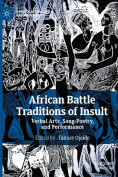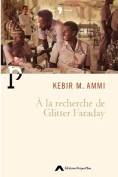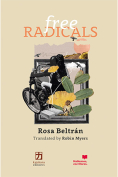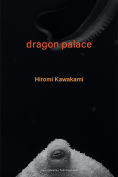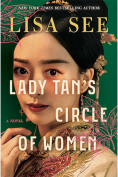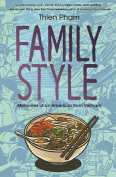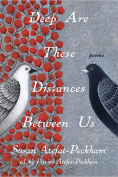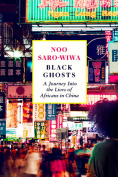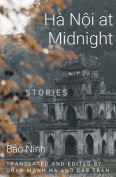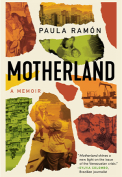Black Ghosts: A Journey into the Lives of Africans in China by Noo Saro-Wiwa
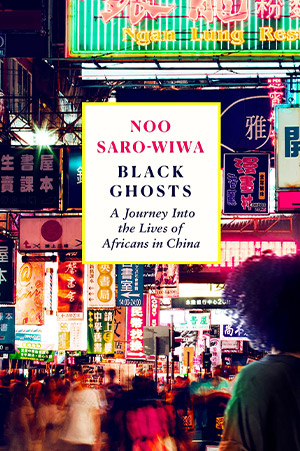 London. Canongate Books. 2023. 256 pages.
London. Canongate Books. 2023. 256 pages.
At some point, you may have traveled or lived in Asia and noticed in a particular neighborhood or area that there’s a significant number of African residents. Or perhaps during the height of Covid-19, you would have heard of African nationals mistreated and evicted from their homes in China. But little is known from an African person’s perspective about living in China. How many of us can say we’ve gone to China and really talked to the many Africans living there? On the surface, Noo Saro-Wiwa answers this overarching question in her second book, Black Ghosts. But when you dig a little deeper, you’ll read how the annals of history have affected an African’s perception of their hometown in comparison to China and the prejudice they face in the country.
I’ve personally wondered about these communities when I traveled to Hong Kong and Taiwan, the closest I could get to China, strolling past the Chungking Mansion in Tsim Sha Tsui and seeing many around the Taipei 101 area at night. Black Ghosts opened my eyes to why this is the norm and why being an African immigrant living in China is like playing the game of life on hard mode. The first stop is Guangzhou, also known as China’s “Chocolate City,” where Saro-Wiwa spends most of her time. Africans and Chinese locals blended into the neighborhoods of Xiaobei, Sanyuanli, and Guangyuan Li Xu (aka Guangyuan West Road) with a mix of visa overstayers and business owners on trips walking the same streets.
Based on conversations Saro-Wiwa has with people in the area like Emmanuel and Tayo, this appears to be the norm. Both bring up the reality of how relations between their countries really affect a citizen’s freedom to travel or reside there. While unmarried Americans can get a ten-year visa due to US-China relations, Nigerians like Emmanuel and Tayo have to pay a monthly visa of £100, excluding the train or bus fare for renewal. Even if they marry a Chinese citizen, they’re only entitled to a one-year visa. It’s a one-way trip to China, and they may not see their family or friends ever again unless they have the finances to go back to Africa.
Emmanuel is one of many Nigerians who studied, then moved to China to play football, but, sadly, suffered an injury. Eight years later, he now sells VPNs and can only stay in the area, never traveling because of mandatory passport ID checks and only roaming the streets at night. On the other hand, Tayo, a Nigerian woman who has a multifaceted enterprise, travels back and forth to trade. Tayo answers the question as to why so few African women reside in China. Because many African women are business owners on short buying trips, it’s led men within the city to assume Saro-Wiwa is a call girl when she goes to the local bars, restaurants, and clubs. Tayo mentions that back home in Nigeria, particularly within the Igbo tribe, the women are more likely to be sent to school, get married, and become the managing director (MD) of their husband’s company.
Interracial dating within the country has led to racial tensions between people. According to Ghanaian author Emmanuel John Hevi, who writes about student life in China, interracial dating escalated onto university campuses and fed (loosely) into the Tiananmen Square protest and massacre in 1989. Men like Stanley also date but see the lack of women from African countries as a “women shortage” epidemic; Stanley only dates Chinese women even though they’re not his preference.
Returning to the Guangzhou chapter one last time, this was one of my favorite chapters as it compared how Africans lived versus non-Africans like Jianbo, his husband Thomas, and their friends. What’s also noticeable about these people is the comfort of knowing that their livelihoods are secure—living by the riverside promenade, clubbing on the weekend, with high-paying jobs to fund their lifestyle. It was as different as night and day. There were also people who had to pretend to be another nationality like Suzy, a twenty-three-year-old Kenyan. She had to pretend to be American to get an English teaching job but, unlike most Africans, enjoyed life in China.
Saro-Wiwa traveled for five months to speak with members within the African community across China and Hong Kong. I admired her bravery in navigating cities and areas with little Mandarin skills and the confidence she had to talk to locals despite the dangers in a land where Black women like her are not the majority.
Black Ghosts is not your average travelogue. It’s an extraordinary read with a mix of opinions and information about why Africans live and work in subpar conditions in China. It helps readers to understand a little more about their presence in the country and to sympathize with their fight to keep living in a foreign land, despite the government’s lack of support for them.
Nyasha Oliver
London

